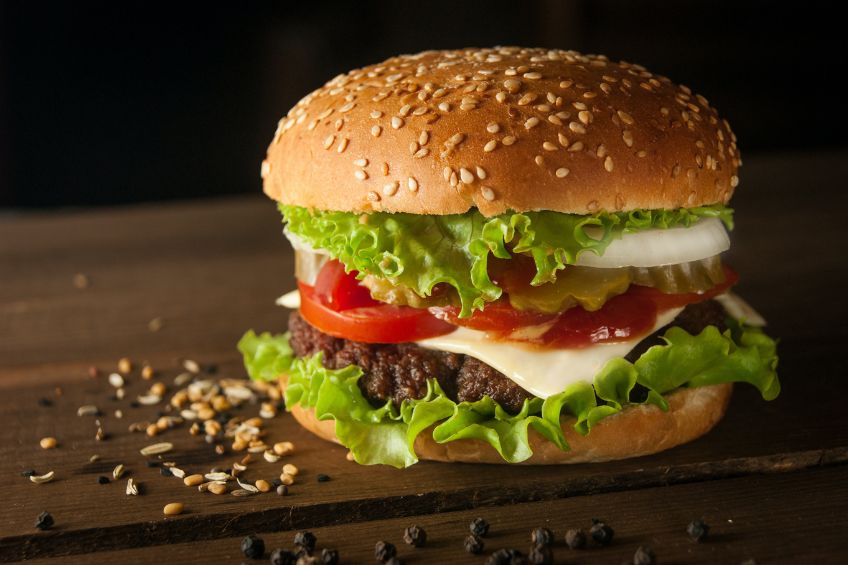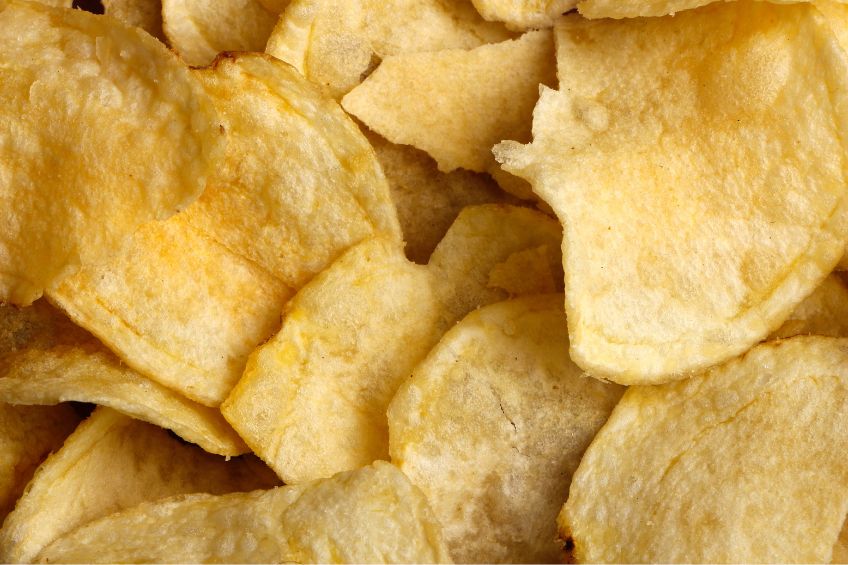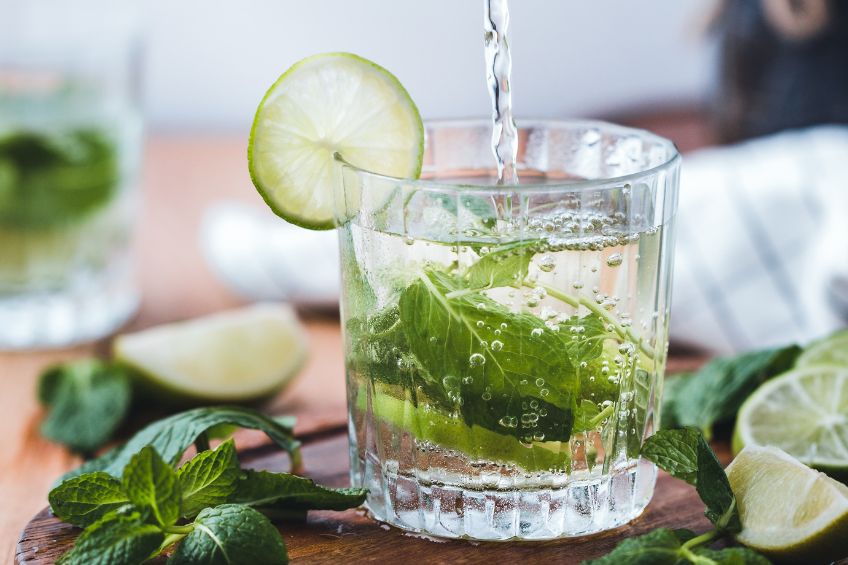Inflammation can wreak havoc on total body health — leading to disease down the road, and harming the proper functioning of the cardiovascular system, joints, skin and brain. Following an anti-inflammatory diet means adding plenty of whole grains, healthy fats, fish and vegetables to your diet, but it’s also important to know what to take out. Here, we’re covering the worst foods for inflammation, so you know what to avoid on your dinner plate.
Related: I Tried the Blood Sugar Diet, and It Totally Improved My Daily Life

Processed Meats
While some may praise deli meats for being a lean source of protein, it can cause inflammation and other potentially harmful health issues. With preservatives, extreme amounts of sodium and a handful of mystery ingredients, it’s best to stick to cooked-from-scratch meats like homemade grilled chicken, pork tenderloin and roast beef.

Refined Sugar
Refined sugar — like the kind you whip up a batch of cookies with, is a powerful trigger of the body’s inflammatory response. Avoid stirring sugar into your hot drinks and skip yogurts, salad dressings, breads and other packaged foods with added sugar (sometimes labelled glucose or fructose — any word ending in “ose” is another term for sugar) listed on the label.

Saturated Fats
Bodies require both unsaturated and saturated fats to perform properly. However, saturated fats — like those found in red meat, can promote inflammation. When you do enjoy red meat, choose grass-fed over grain-fed varieties as they contain higher levels of anti-inflammatory omega-3 fatty acids.

Artificial Preservatives and Additives
Food dyes and preservatives that increase shelf life in packaged and processed foods can activate the body’s inflammatory response. Stick to fresh, from-scratch or locally prepared foods that expire within a day or two — and avoid anything with artificial colours.

Artificial Trans Fats
Laws are becoming stricter when it comes to adding trans fatty acids in foods — but they can still appear in packaged and fast foods. They are known to induce inflammation in the body, which can do your health harm over the long run. Remain vigilant and ensure you’re reading food labels before buying.

Vegetable Oils
We’re not talking about that cold-pressed extra-virgin olive oil you drizzle onto your salad, but rather refined vegetable oils like corn, safflower and soy. These oils contain a high concentration of omega-6 fatty acids, which can lead to inflammation if not properly balanced with anti-inflammatory omega-3 fatty acids, as found in flaxseed and fish oil.

Alcohol
Small amounts of alcohol can be part of an anti-inflammatory diet, especially when your drink of choice is antioxidant-rich red wine. However, overconsumption of alcohol may have the opposite effect — especially when the booze is paired with sugary syrups, sodas and cocktail garnishes.

Dairy
Like all foods, too much of a good thing can actually be a bad thing — and dairy is a prime example of this. A little bit of dairy can be anti-inflammatory, while too much can lead to inflammation due to it’s saturated fat content. Dairy can also contain added sugar — as found in ice cream or fruit-flavoured yogurt. Fermented milk, like bio-active yogurt provides protein and a variety of bone-building nutrients — making it a great choice for when you do enjoy dairy.

Refined Carbohydrates
Carbs can be a healthy choice when they come from natural sources like whole grains, vegetables and fruit — these actually help to lower inflammation. However, refined carbs, like commercial bakery bread, packaged crackers and sugary cereals can cause inflammation.
